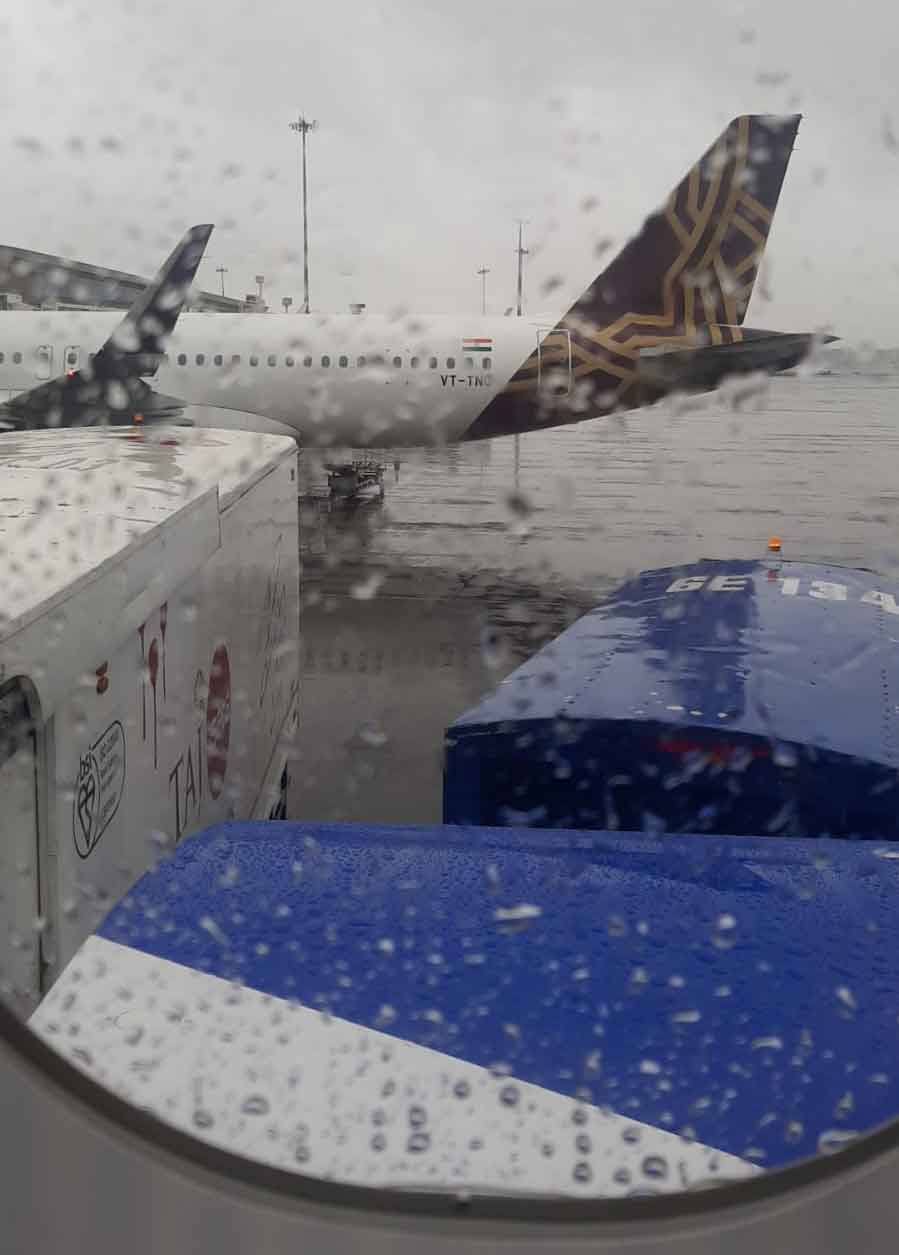
Of all the personal labels I’ve subscribed to while recently working out the plurality of my identity, a tiny alphanumeric one has emerged as the most potent — H4.
This seemingly benign title is the name of my visa category in the United States. Around 18 months ago, I moved to the San Francisco Bay Area from India’s financial capital, Mumbai. To say I grew up there sounds a touch reductive; it’s where I lived, learned and loved for 37 years.
I moved for love. A whirlwind, cross-continental romance that began on Bumble during the pandemic ended in wedding vows that brought me to America in the winter of 2022. That’s when I became an “H4 wife,” a term used for newlywed spouses, typically brides, who come to the country on a “dependent visa,” which means their partner holds a more dignified employment-based visa called the H1.
I used to think “non-resident alien” was the weirdest official nomenclature in America, but “dependent spouse” is worse.
Lest anyone think this is a garden variety sob story, let me clarify that I live a privileged life. In fact, the first time I used the word “traumatized” to describe my psychological state after moving to Silicon Valley, my husband balked and reminded me that I was sitting on a $1,500 couch and drinking gourmet Colombian coffee. But the tears still rolled down my face.

The struggle to reorient — socially, professionally, practically — in a new country is real. The story of the asylum-seeking refugee who flees economic hardship, political anarchy or religious persecution in their home country is well documented, as it should be. New York-based author and journalism professor Suketu Mehta writes about immigration as reparation for colonialism in his fabulous book This Land Is My Land, which passionately advocates for immigrants who fight the odds to come to the United States in search of a better life, and devote their waking hours to earning money for their struggling families back home.


